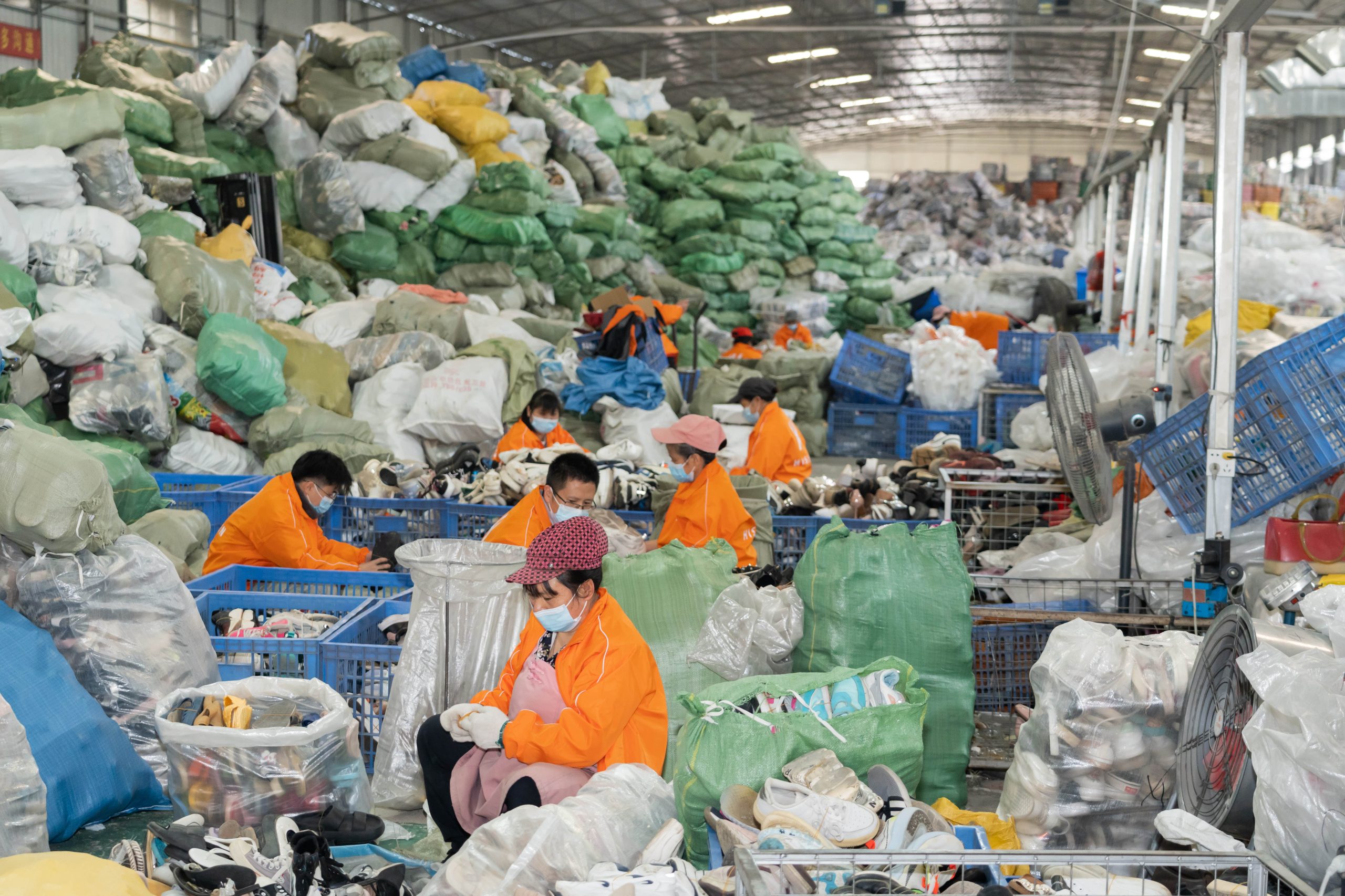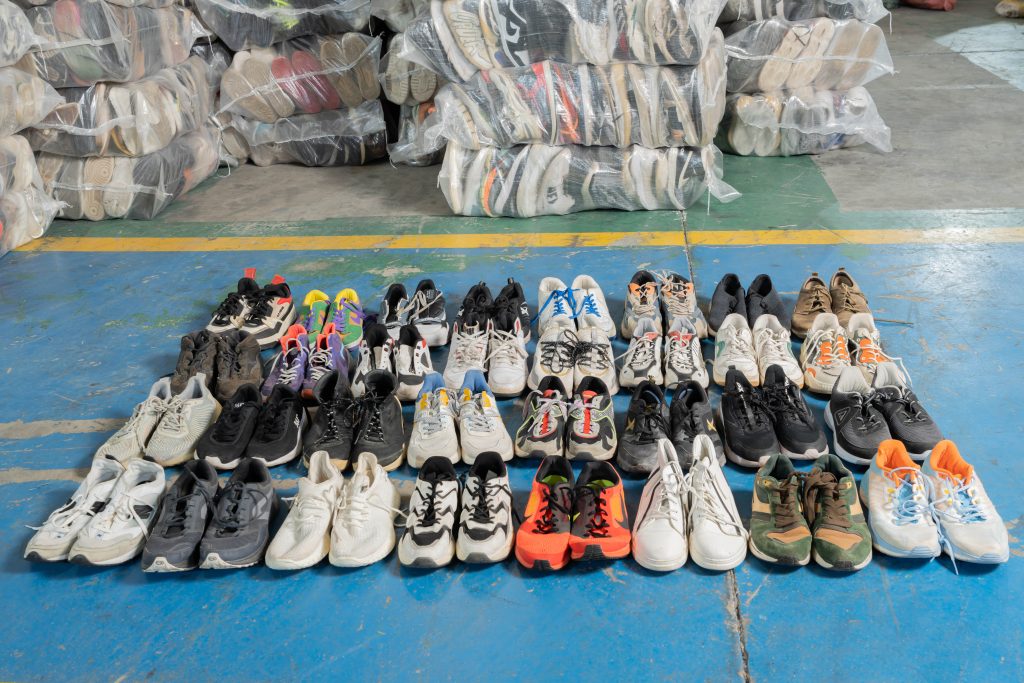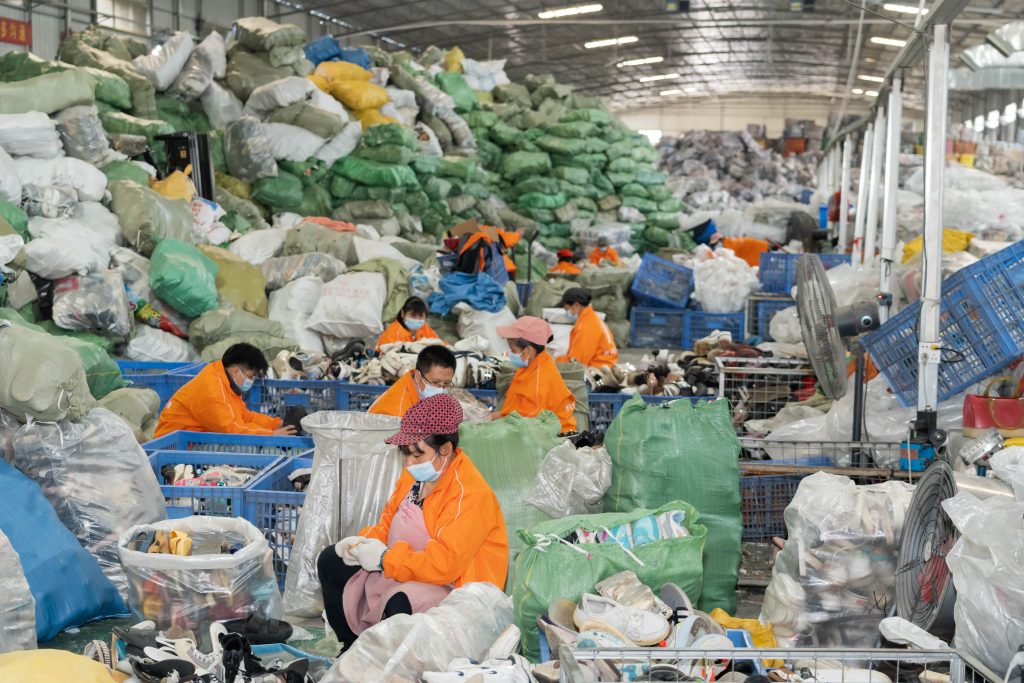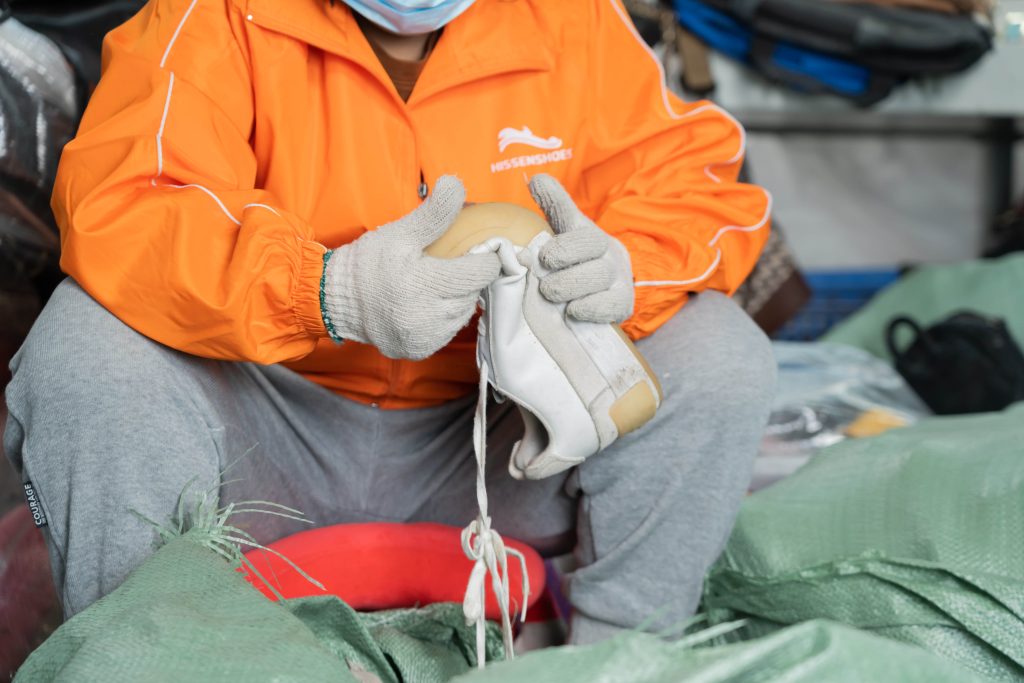Introduction
Buying secondhand branded shoes can be a great way to save money while still owning high-quality footwear. However, it’s essential to ensure that the shoes you purchase are genuine and not counterfeit. This article will provide you with valuable tips and insights on how to verify the authenticity of secondhand branded shoes. By following these guidelines, you can make informed decisions and avoid falling victim to counterfeit products.
2. Why Authenticity Matters
Purchasing authentic branded shoes ensures that you get the quality, comfort, and durability you expect from the brand. Counterfeit shoes, on the other hand, are often made with subpar materials and craftsmanship, resulting in inferior products that may wear out quickly. Additionally, supporting counterfeit goods undermines the legitimate industry and can contribute to various unethical practices. Therefore, it’s crucial to verify the authenticity of secondhand branded shoes to protect your investment and promote ethical consumption.

3. Research the Brand
Before buying secondhand branded shoes, conduct thorough research on the brand you’re interested in. Familiarize yourself with the company’s history, product range, and any unique features or trademarks associated with their shoes. By understanding the brand’s characteristics, you’ll be better equipped to identify authentic shoes and spot potential red flags.
4. Examine the Packaging
Authentic branded shoes often come with high-quality packaging that reflects the brand’s attention to detail. Look for branded shoeboxes, tissue paper, dust bags, or any other packaging elements specific to the brand. Counterfeit shoes may have poorly made or generic packaging, which can be an indication of their inauthenticity.

5. Inspect the Shoe Materials and Craftsmanship
One of the most effective ways to determine the authenticity of secondhand branded shoes is to carefully examine the materials and craftsmanship. Authentic shoes are typically made with high-quality materials, such as genuine leather or premium fabrics, and demonstrate superior craftsmanship. Pay attention to stitching, seams, and any unique design elements that are characteristic of the brand. Poor quality materials, uneven stitching, or shoddy construction may indicate counterfeit shoes.
6. Check the Serial Numbers and Labels
Many branded shoes come with serial numbers, labels, or tags that are unique to each pair. Research the brand’s official website or contact their customer service to understand how these identification features should appear. Counterfeit shoes often have poorly printed or incorrect labels, or they may lack serial numbers altogether. Verify the authenticity of these elements to ensure that the shoes you’re considering are genuine.
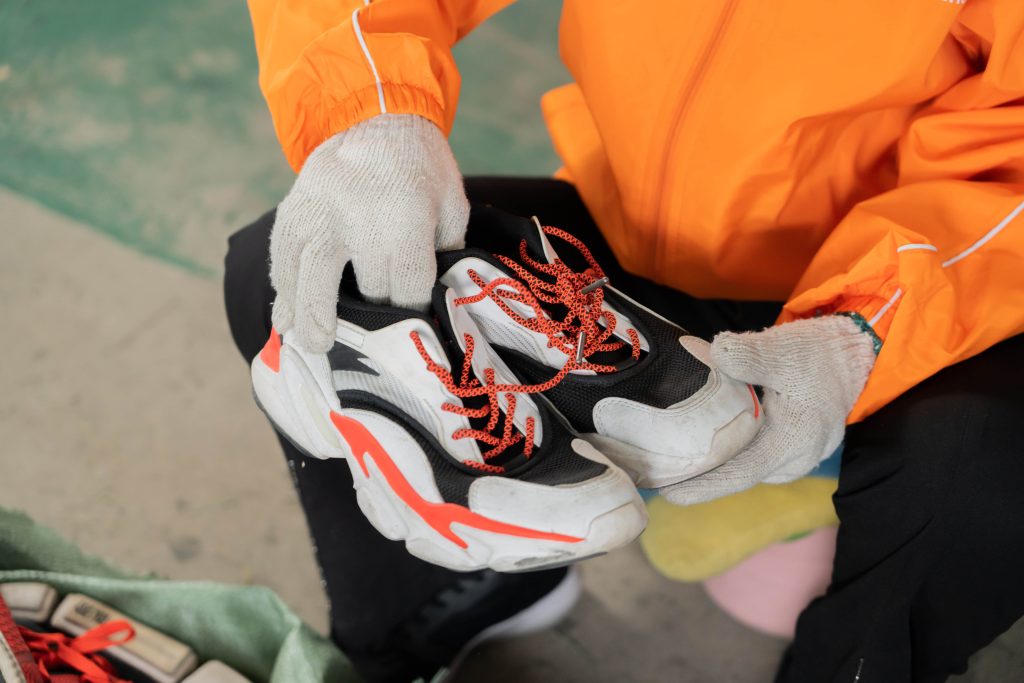
7. Verify the Seller’s Reputation
When purchasing secondhand branded shoes, it’s essential to buy from reputable sellers. Research the seller’s reputation by checking their online reviews, ratings, or feedback from previous customers. Trusted online marketplaces or consignment stores that specialize in designer items are usually safer options. Avoid sellers with negative feedback or suspicious activities. Look for sellers who have a track record of selling authentic branded shoes and have a transparent return or authenticity guarantee policy.
8. Consider the Price
While buying secondhand branded shoes can be more affordable than purchasing them new, be cautious if the price seems too good to be true. If a seller is offering the shoes at an unusually low price, it could be a sign of counterfeit products. Research the market value of the particular shoe model you’re interested in to ensure that the price is reasonable and aligns with its authenticity.
9. Buy from Authorized Retailers or Verified Sellers
To minimize the risk of purchasing counterfeit shoes, consider buying from authorized retailers or verified sellers. Authorized retailers guarantee the authenticity of their products, giving you peace of mind that you’re buying genuine branded shoes. Similarly, verified sellers on trusted online platforms or consignment stores go through a verification process to ensure that the items they sell are authentic.
10. Seek Expert Opinion
If you’re unsure about the authenticity of secondhand branded shoes, don’t hesitate to seek expert opinion. There are professionals, such as authenticators or shoe appraisers, who specialize in verifying the legitimacy of branded items. They have the expertise and knowledge to examine the shoes thoroughly and provide an unbiased assessment of their authenticity.
11. Look for Original Receipts or Certificates
When possible, try to obtain original receipts or certificates of authenticity when purchasing secondhand branded shoes. These documents serve as proof of the shoe’s origin and legitimacy. Genuine sellers often keep these documents and are willing to provide them to buyers upon request. If a seller cannot provide any supporting documents, it raises a red flag and warrants further investigation.
12. Pay Attention to the Details
Counterfeit shoes often have subtle differences in design, logos, or brand markings. Pay close attention to the smallest details, such as the placement of logos, font styles, and color variations. Compare the shoes you’re considering to authentic images of the same model available on the brand’s official website or reputable sources. Any discrepancies or inconsistencies should raise suspicion.
13. Trust Your Instincts
Intuition plays a vital role when purchasing secondhand branded shoes. If something feels off or if you have doubts about the authenticity of the shoes, it’s better to err on the side of caution. Trust your instincts and consider exploring alternative options or seeking additional verification before making a purchase.
14. What to Do If You Suspect Counterfeit Shoes
If you suspect that the secondhand branded shoes you purchased are counterfeit, there are several steps you can take. First, contact the seller and express your concerns, providing them with evidence to support your claims. If the seller is unresponsive or refuses to address the issue, you may need to escalate the matter to the platform or marketplace where the transaction took place. They may have policies in place to protect buyers from counterfeit products.
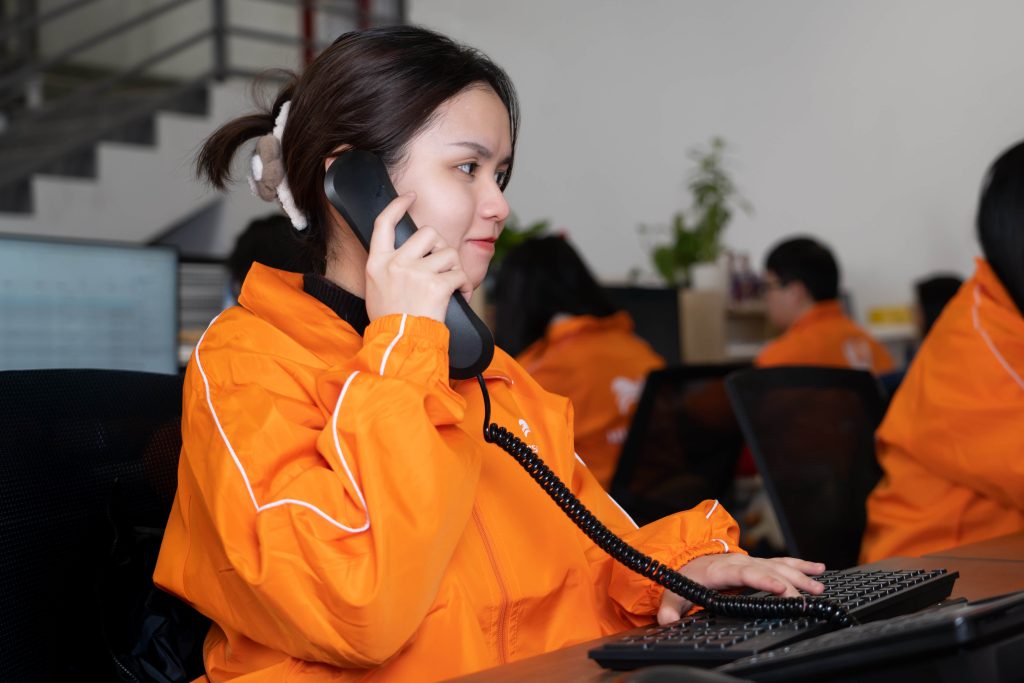
15. Conclusion
Buying secondhand branded shoes can be a rewarding experience, allowing you to own quality footwear at a more affordable price. However, it’s crucial to be vigilant and take steps to ensure the authenticity of the shoes. By researching the brand, examining the packaging, inspecting the materials and craftsmanship, checking labels and serial numbers, verifying the seller’s reputation, and seeking expert opinion, you can minimize the risk of purchasing counterfeit shoes. Trust your instincts and always prioritize authenticity when making your purchase.
Frequently Asked Questions (FAQs)
Q: Are all secondhand branded shoes fake?
A: No, not all secondhand branded shoes are fake. However, there is a risk of counterfeit products in the secondhand market, so it’s important to verify the authenticity before purchasing.
Q: Can I rely on the price alone to determine if secondhand branded shoes are real?
A: While price can be an indicator, it shouldn’t be the sole determining factor. Counterfeit shoes can sometimes be sold at higher prices to deceive buyers. It’s essential to consider multiple factors like seller reputation, shoe quality, and supporting evidence of authenticity.
Q: Is it safe to buy secondhand branded shoes online?
A: Buying secondhand branded shoes online can be safe if you take precautions. Research the seller’s reputation, read reviews, and ensure the platform has measures in place to protect buyers from counterfeit products.
Q: Can I authenticate secondhand branded shoes by comparing them to images online?
A: Comparing the shoes to official images online can be helpful, but it’s not foolproof. Counterfeit shoes can sometimes be well-made replicas. It’s best to combine visual inspection with other authentication methods or seek professional opinions.
Q: Should I only buy secondhand branded shoes from authorized retailers?
A: While buying from authorized retailers provides more certainty, it can limit your options. However, purchasing from reputable sellers who specialize in authenticating luxury items can also be a reliable choice.
In conclusion, ensuring the authenticity of secondhand branded shoes requires careful research, observation, and verification. By following the outlined steps and considering factors like brand reputation, packaging, materials, seller reputation, and seeking expert opinion when in doubt, you can increase your chances of buying genuine shoes. Remember to trust your instincts and be cautious when purchasing from unknown or unverified sources. Enjoy your secondhand shopping experience with confidence and style.

